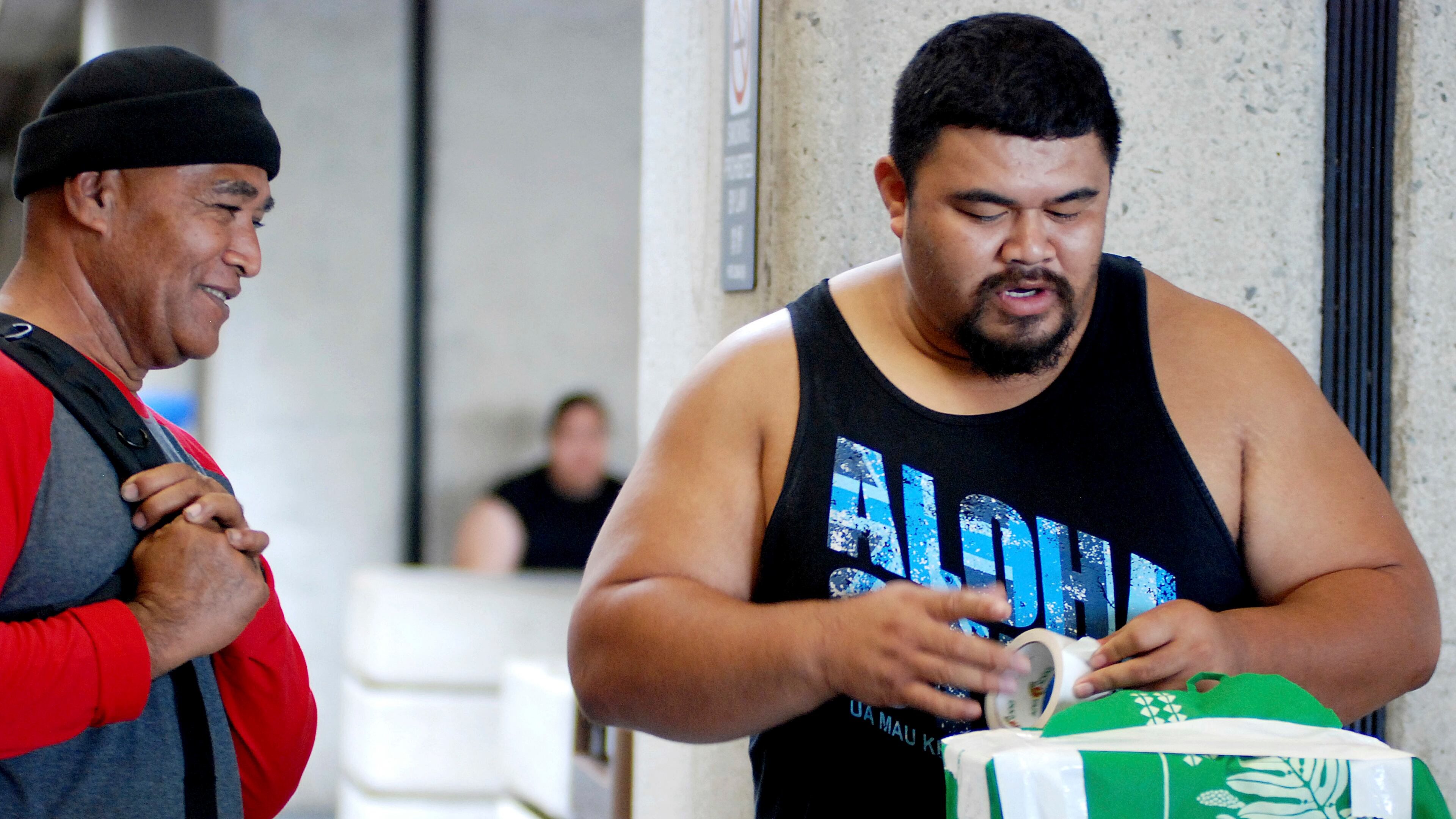Airline wins right to weigh passengers before flights to prevent crashes

An American airline was recently granted the right to weigh its passengers in an effort to distribute weight evenly across plane cabins and to save fuel, The Guardian reported.
Hawaiian Airlines faced backlash earlier this month when customers said a policy to weigh travelers was discriminatory. Critics' complaints to the U.S. Department of Transportation were turned down, a spokesman told The Associated Press last week.
Hawaiian Airlines began the policy when it noticed its flights from Honolulu to Pago Pago in American Samoa were burning more fuel than expected.
In an effort to discover why flights between the areas required more fuel than projected, the airline asked customers to participate in a voluntary six-month survey in which passengers were weighed before boarding.
The findings?
So the airline did away with preassigned seating and began weighing travelers at the Honolulu and Pago Pago airports at check-in to place people on planes in a way that more evenly distributes weight across cabins.
"This action resulted from the recognition that over time, our fuel burn on Pago Pago (PPG) flights was consistently much higher than projected, indicating that our weight assumptions were inaccurate," Hawaiian Airlines communications director Alison Croyle told Fox News. "We review weights on any flight within our route network that demonstrates such a discrepancy."
But some customers found the practice offensive, claiming that the move was discriminatory as it only applied to the Pago Pago flight, which caters to mostly passengers of Samoan descent.
"What they're saying is Samoans are obese," Atimua Mig told the Associated Press at Honolulu International Airport on Oct. 10.
"That's an entirely incorrect assumption," said Jon Snook, Hawaiian Airline's chief operating officer.
Snook said the airline chose to reorganize distribution of passengers instead of limiting how many seats could be sold, which would have increased ticket prices.
As a part of the effort to evenly distribute weight across planes on flights, Hawaiian Airlines is aiming to leave one seat vacant on each row or to place a child in a row with two adults.
Hawaiian Airlines isn't the first to enact a weight-based policy.
In 2013, Samoa Air became the first airline to charge passengers by weight.
"What makes airplanes work is weight," then, Samoa Air chief executive Chris Langton told CNN. "We are not selling seats, we are selling weight."
According to the CIA world fact book, information from 2007 and 2008 show American Samoa as having the highest rate of adult obesity in the world. The top nine countries on the list are Pacific islands.
"Hawaiian (Airlines) is saying that, 'Yes, it is a safety issue,' but, you know, weight distribution," Avamua Dave Haleck, an American Samoan who filed a complaint with the DOT, told Radio New Zealand. "So have we been flying unsafe for all these years?"

